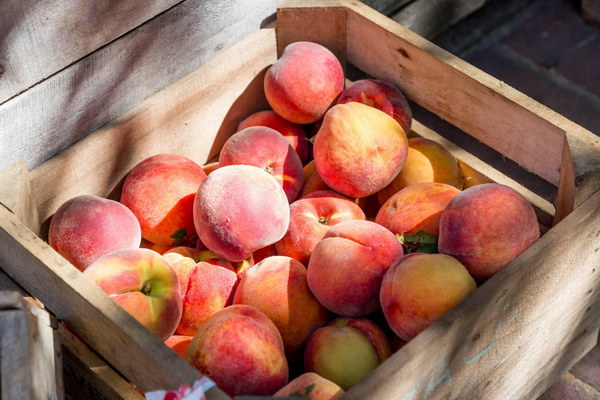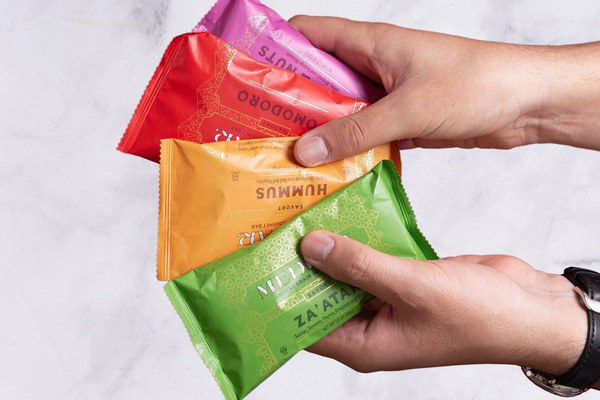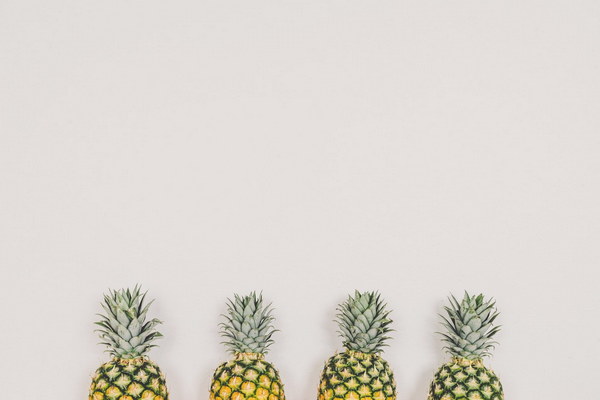Top 5 Traditional Chinese Herbs for Effective Dampness Relief
In traditional Chinese medicine (TCM), dampness is considered a common cause of various health issues, including fatigue, weight gain, and digestive problems. The concept of dampness refers to an excess of moisture in the body, which can lead to a variety of symptoms. To combat this, TCM practitioners often recommend the use of herbs that have dampness-drying properties. Here, we explore the top five traditional Chinese herbs that are known for their effectiveness in removing dampness from the body.
1. Astragalus (Huang Qi)
Astragalus, also known as Huang Qi in Chinese, is a well-known herb used in TCM to strengthen the immune system and support overall health. It is also an excellent dampness-drying herb. Astragalus helps to boost the body's ability to expel dampness, thus alleviating symptoms such as fatigue, edema, and joint pain.
How to use: Astragalus can be taken as a tea, added to soups, or consumed in the form of capsules. The recommended dosage is typically 3-9 grams per day.
2. Poria (Fu Ling)
Poria, or Fu Ling, is another popular dampness-drying herb in TCM. This mushroom-like herb is known for its ability to absorb excess moisture from the body, helping to relieve symptoms such as bloating, weight gain, and fluid retention. Poria also supports the liver and kidney functions, making it a versatile herb for various dampness-related issues.
How to use: Poria can be used in soups or teas. The recommended dosage is 9-30 grams per day.
3. Atractylodes (Cang Zhu)

Atractylodes, or Cang Zhu, is a commonly used dampness-drying herb that helps to clear dampness from the body while also supporting the spleen and liver functions. This herb is particularly effective for treating dampness-related symptoms such as fatigue, bloating, and loose stools.
How to use: Atractylodes can be taken as a tea or in capsule form. The recommended dosage is 6-15 grams per day.
4. Alisma (Ze Xie)
Alisma, or Ze Xie, is a herb known for its strong dampness-drying properties. It is often used to treat symptoms such as edema, bloating, and water retention. Alisma also supports kidney function and helps to remove excess fluid from the body.
How to use: Alisma can be taken as a tea or in capsule form. The recommended dosage is 9-15 grams per day.
5. Coix Seed (Yi Yi Ren)
Coix Seed, or Yi Yi Ren, is a traditional Chinese herb that has been used for centuries to remove dampness from the body. This herb is particularly effective for treating dampness-related skin issues, such as eczema and psoriasis. In addition to its dampness-drying properties, Coix Seed also supports the spleen and liver functions.
How to use: Coix Seed can be taken as a tea or in the form of capsules. The recommended dosage is 9-30 grams per day.
It is important to note that while these herbs can be effective in removing dampness from the body, they may not work for everyone. It is always best to consult with a qualified TCM practitioner before starting any new treatment. Additionally, certain herbs may interact with other medications or health conditions, so it is crucial to ensure that the chosen herbs are safe and appropriate for your individual needs.
In conclusion, traditional Chinese herbs such as Astragalus, Poria, Atractylodes, Alisma, and Coix Seed are known for their effectiveness in removing dampness from the body. Incorporating these herbs into your daily routine may help alleviate symptoms associated with dampness and support overall health and well-being.









